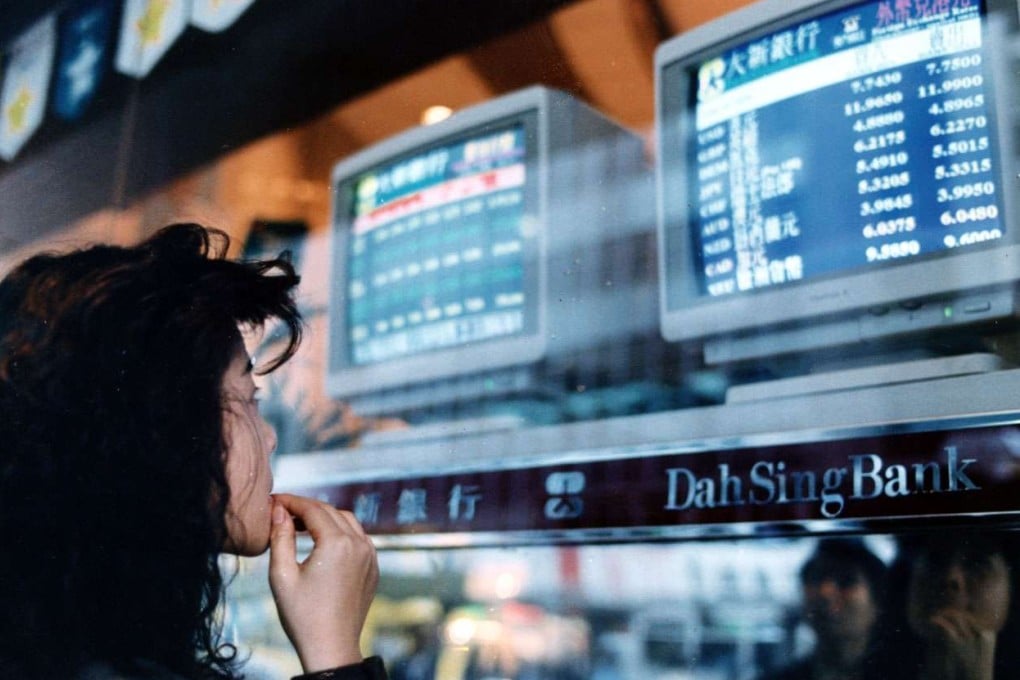How politics triggered Hong Kong's 1992 stock market collapse
24 years ago this week, Beijing's sabre rattling over a British nod to Hong Kong democracy alarmed investors and put share prices in tailspin


“Panic selling sends market crashing 8pc”, ran the headline in the South China Morning Post on Friday, December 4, 1992.
“Frenzied selling on the stock market wiped more than $110 billion off share prices yesterday in the fourth straight day of heavy losses,” the story continued. “Against a confused political background, the Hang Seng Index closed at 4,978.21, down 433.44 points, the most serious fall in its three-week [22.78pc] collapse from the November 12 record level of 6,477.11. There have been only two worse days: the 1,120-point plunge during the crash in October 1987 and 580 points the day after Chinese troops crushed the pro-democracy demonstration.”
Behind the chaos was Beijing sabre rattling following governor Chris Patten’s maiden policy speech in October, which outlined proposals for constitutional reform and democratic elections in 1995. The move led Chinese vice-premier Zhu Rongji in mid-November to observe: “People cannot help but ask whether we still have to stick to the Joint Declaration between us.”
